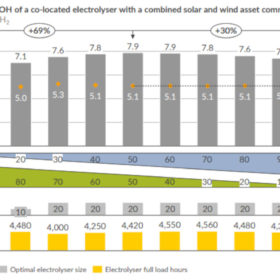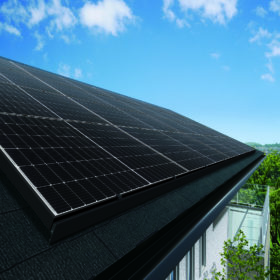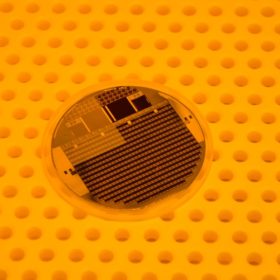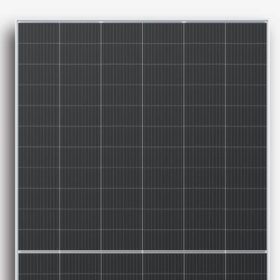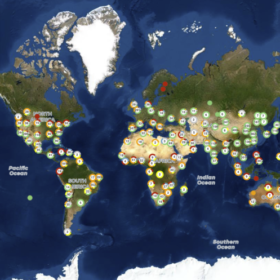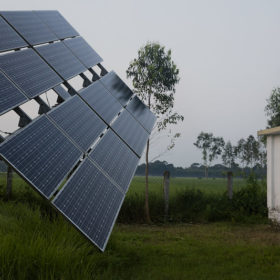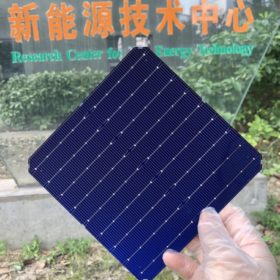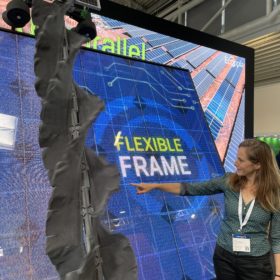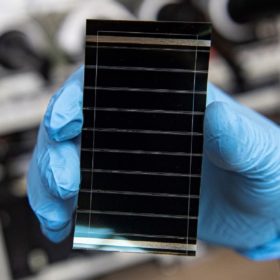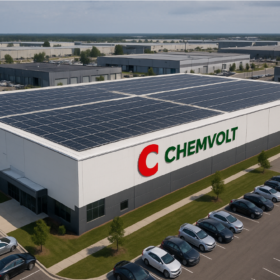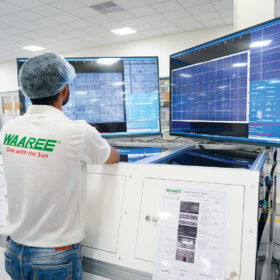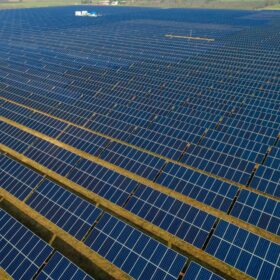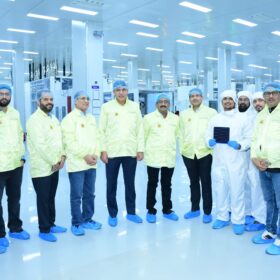Green hydrogen price may drop to €5 kg by 2025
Aurora Energy Research says in a new report that maximum green hydrogen project profitability could be achieved when solar and wind power plants are combined with electrolyzers.
Sharp presents 375 W rooftop PV module for gable roofs
Sharp’s new 375 W solar panels feature multi-wire technology, with a power conversion efficiency of 20.4%.
Fraunhofer ISE achieves 47.6% efficiency with III-V four-junction CPV cell
Fraunhofer ISE have improved the performance of a cell structure originally developed by France’s Soitec in 2014. The German scientists managed to reduce resistance losses and the reflection on the cell front side.
Risen launches 450 W rooftop solar module with 21.7% efficiency
The panel measures 1,894 mm x 1,096 mm x 30 mm, weighs in at 22.5 kg, and has a temperature coefficient of -0.34% per C.
Global online database for solar parks above 20 MW
Global Energy Monitor (GEM) has launched a new open-source online tool that lists large-scale solar plants in 148 countries.
Analyst predicts extent of rise in this year’s solar capital costs
Wood Mackenzie this week made a slew of predictions for the industry in 2022 and noted the effects the US’ recently announced anti-circumvention investigation is already having on utility scale plans.
Solar developers buying up land in Bangladesh
A shortage of suitable sites is prompting companies to buy up land before deciding on the specifics of project construction, as a junior minister stated more solar is likely to be waved through by 2025.
Heterojunction solar cell with 25.18% efficiency, 85.42% fill factor
Researchers in China have fabricated a heterojunction solar cell with a 244.63 cm2 Czochralski n-c-Si wafer. They used light soaking to improve the dark conductance of the hydrogenated amorphous silicon films.
Have your say on the future of automation in solar O&M
Cost efficiency while maximizing power output is the name of the game in solar project development and asset management. And the automation of the provision of utility scale solar operations and maintenance (O&M) is fast becoming one of the most compelling opportunities. Help shape the future of automation in solar O&M by completing this first-of-its kind survey.
Perovskite solar cell technology on the road to commercialization
A new US Department of Energy report describes the challenges of commercializing perovskite technology for the solar energy sector.
